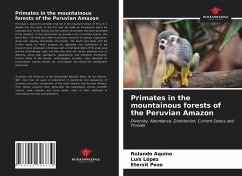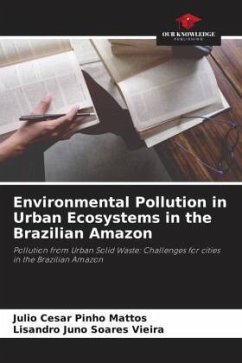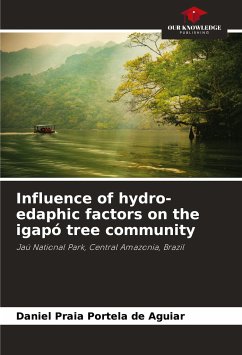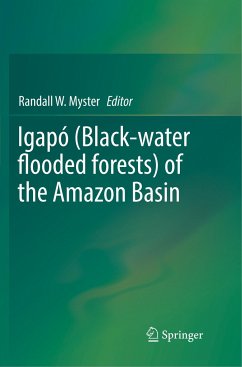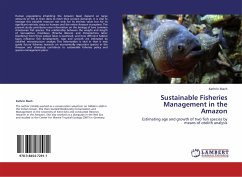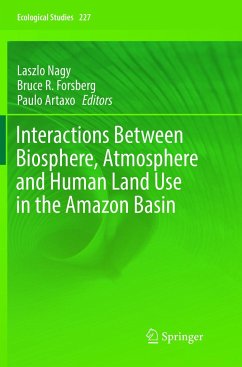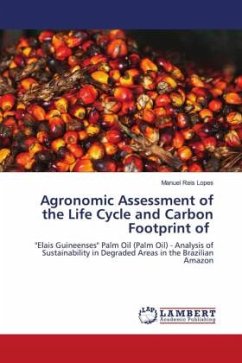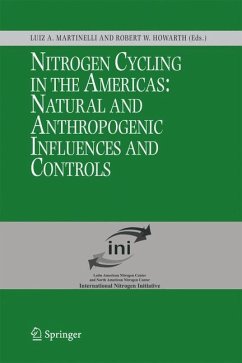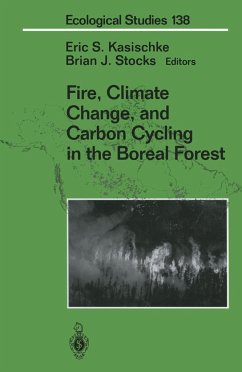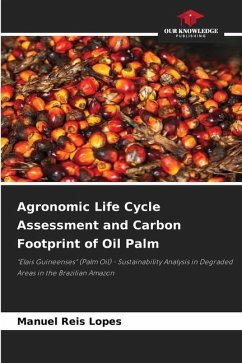
HYDROELECTRIC DAMS IN THE AMAZON
IMPACTS ON THE BIOGEOCHEMISTRY OF TERRA FIRME FORESTS
Versandkostenfrei!
Versandfertig in 6-10 Tagen
27,99 €
inkl. MwSt.

PAYBACK Punkte
14 °P sammeln!
The implementation of hydroelectric dams in the Amazon replaces extensive terra firme forests with flooded areas. In these areas, seasonal variation in water level periodically floods the adjacent forests. In this paper, we present how this flooding alters the service that upland forests in the Amazon play to the carbon (C) cycle. How does this happen? In the period when the reservoir fills, the forests produce three times more leaves, reduce the foliar content of nutrients and the decomposition of organic matter is much slower. In spite of this, curiously, flooding increases the input of nutr...
The implementation of hydroelectric dams in the Amazon replaces extensive terra firme forests with flooded areas. In these areas, seasonal variation in water level periodically floods the adjacent forests. In this paper, we present how this flooding alters the service that upland forests in the Amazon play to the carbon (C) cycle. How does this happen? In the period when the reservoir fills, the forests produce three times more leaves, reduce the foliar content of nutrients and the decomposition of organic matter is much slower. In spite of this, curiously, flooding increases the input of nutrients and does not favor the accumulation of litter and nutrients on the soil. The soil becomes more acidic, with lower C contents and higher N availability, after flooding. However, the accumulated effect of flooding cycles, since the creation of the hydroelectric dam, reduces soil acidity and increases losses of C and N. Thus, forests are no longer sinks but emitters of C to the atmosphere. Why does this happen? Throughout the book, we will discuss the mechanisms and processes that explain the impacts of this flooding on forest biogeochemistry.



